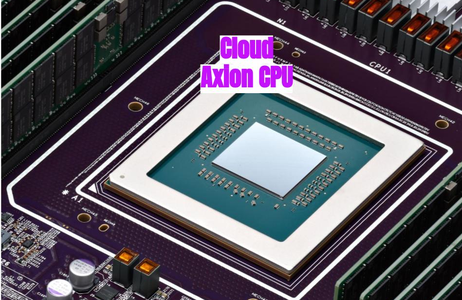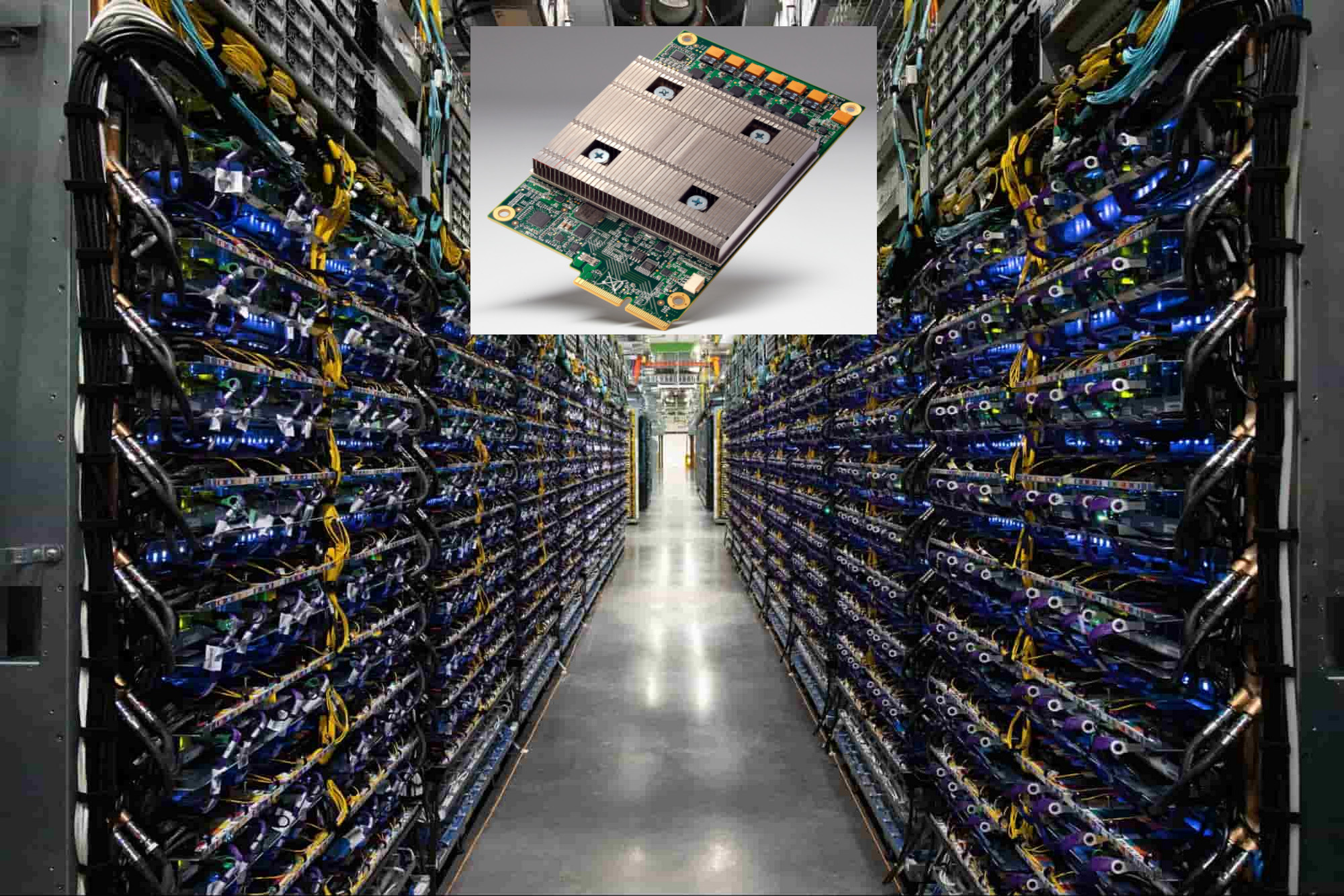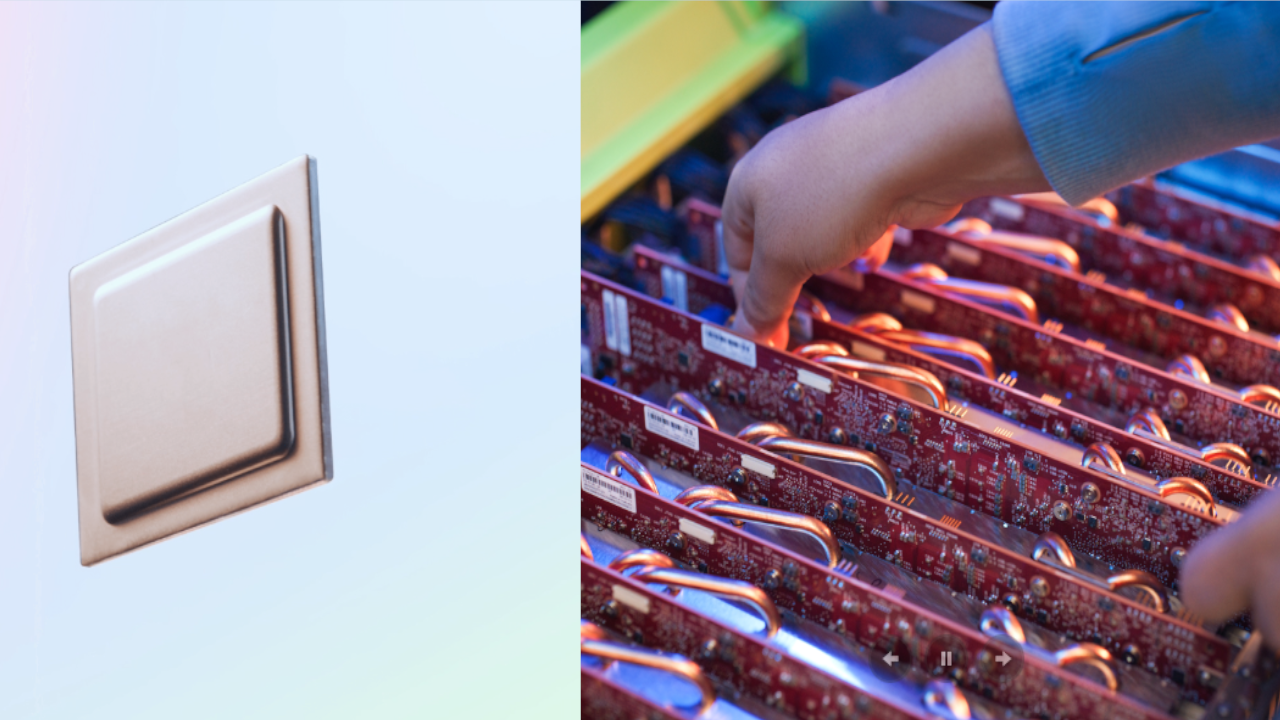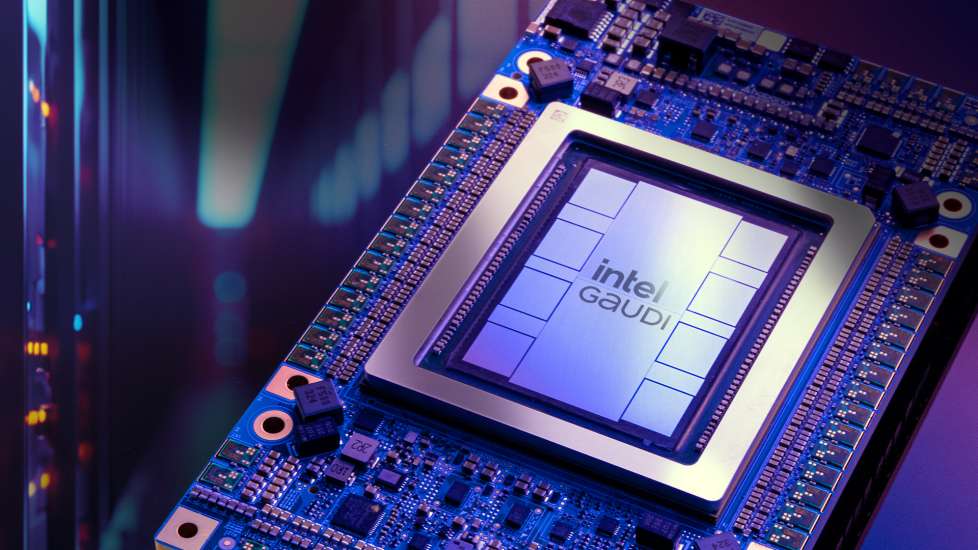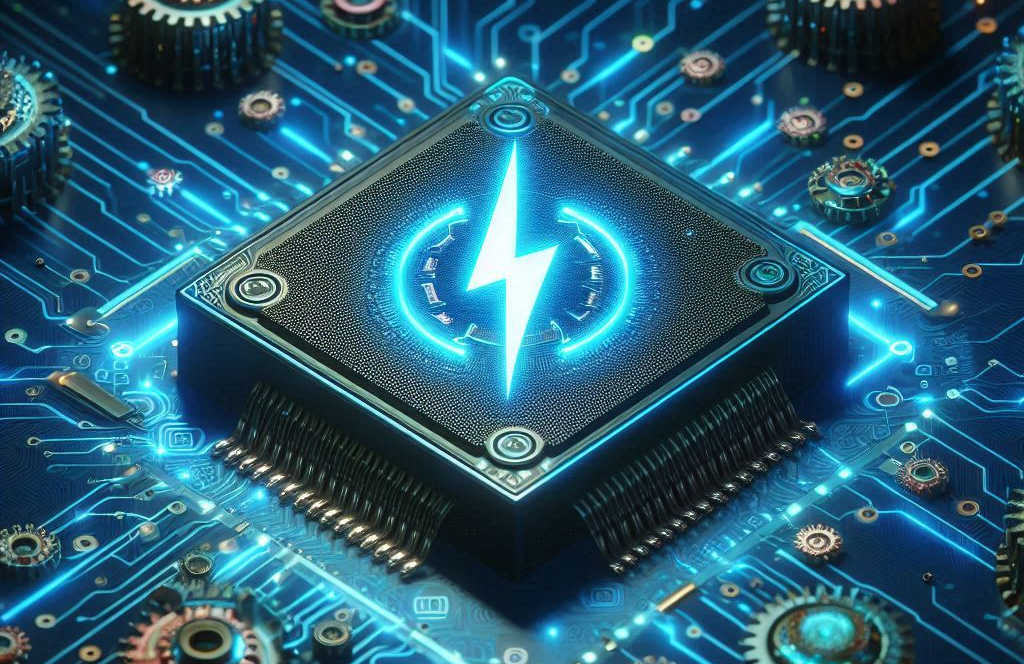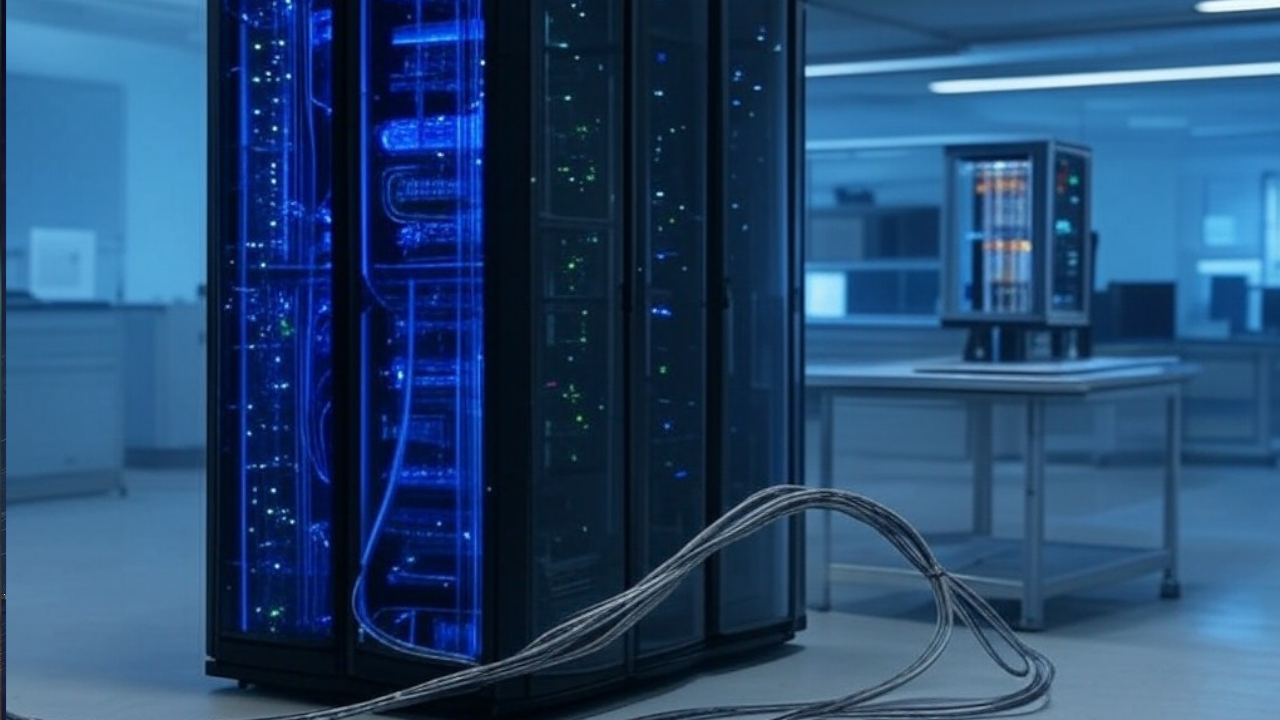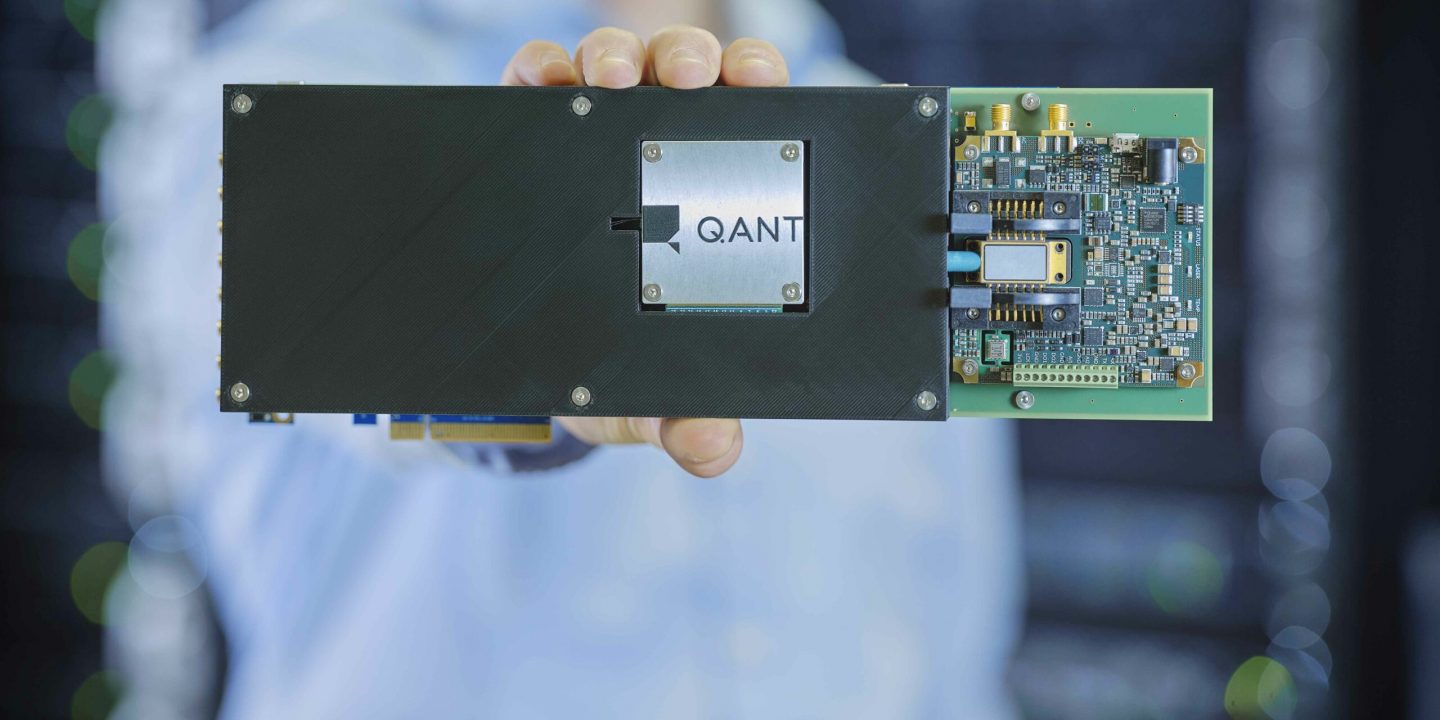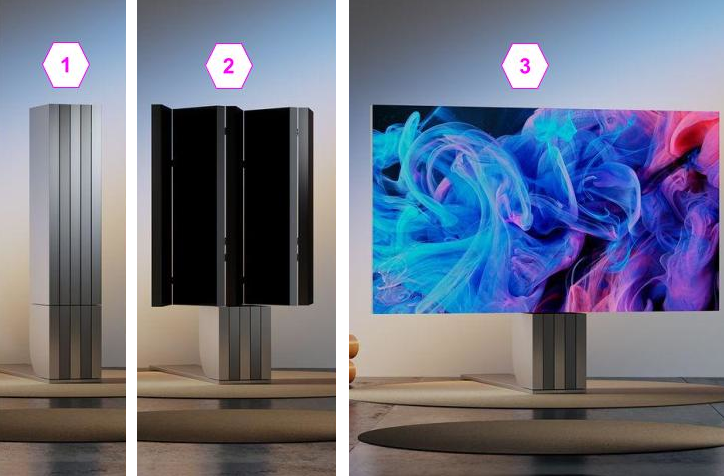Since 2015, Google has been making strides in the world of silicon by launching the Tensor Processing Unit (TPU), specifically designed to accelerate artificial intelligence (AI) workloads. Several generations of TPUs have been developed, leading to the creation of the Google Tensor chip, not just a TPU. The Tensor chip integrates both a central processing unit (CPU) and a TPU onto a single chip, specifically designed for Pixel mobiles.
Google’s ambitions, however, extend beyond AI acceleration. Just yesterday, they announced the Axion, a general-purpose ARM-based central processing unit (CPU). This innovative chip promises significant improvements in both efficiency and performance compared to the processors currently powering Google Cloud services.
Google highlighted the stagnation in performance improvements for traditional x86-based processing units, which constitute the bulk of their current data center infrastructure, as a key reason for adopting ARM architecture.
The Axion Chip: A Leap Forward
Google claims the new chip surpasses its predecessors in both performance and energy efficiency, though they haven’t specified which specific units serve as the benchmark. Here’s a breakdown of the improvements:
- Performance: Axion delivers up to 30% better performance than the fastest current Arm-based processors and up to 50% better performance than current x86-based processors.
- Power Consumption: Google reports that the Axion offers up to 60% better power efficiency compared to current x86 processors.
This superior performance is a key driver behind Google’s development and implementation of the Axion chip. The 60% reduction in energy consumption significantly cuts the financial cost of running Google Cloud services, making them more competitive with Amazon and Microsoft offerings. This could potentially lead to lower costs for Google Cloud customers.
Google’s Growing Hardware Independence
Google’s expansion into CPUs with the Axion chip marks a significant milestone in its custom silicon strategy. Now equipped with both AI accelerators (TPUs) and general-purpose CPUs, Google is steadily increasing its self-reliance in manufacturing the hardware and software that power its data centers and cloud services.
This move places pressure on other cloud providers to innovate and develop more efficient solutions for their data centers. Google will offer Axion chips to customers through virtual machines (VMs) on Google Cloud, not directly to consumers. This increased competition is likely to incentivize chip manufacturers like Intel and AMD to step up their game and create even more effective chips.
